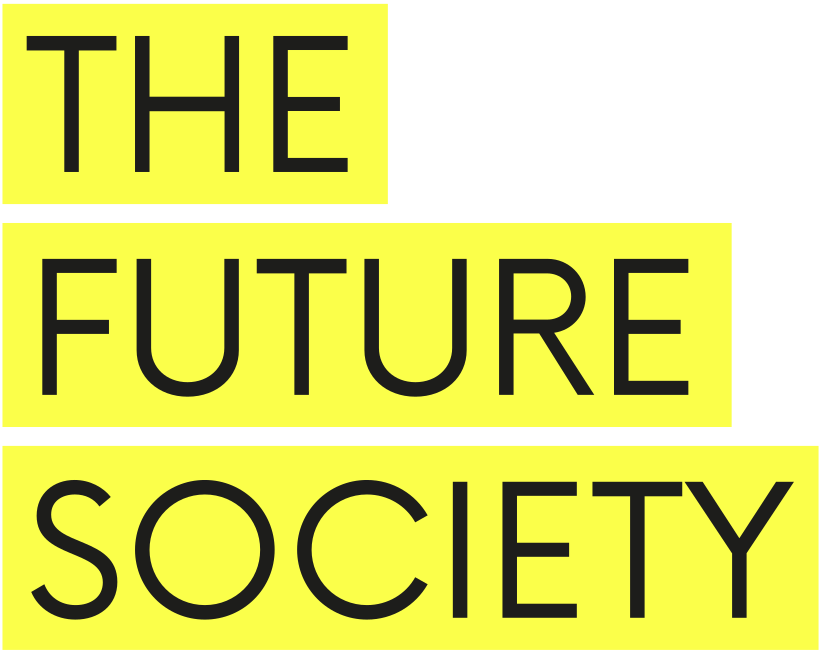Main Insight
Artificial Intelligence technologies hold a great potential to detect fraudulent behaviors and systems, and to improve transparency.
OECD Anti-Corruption & Integrity Forum
March 20, 2019
In the framework of its Knowledge Partnership with the OECD Public Governance Directorate, The Future Society led the “AI for Anti-Corruption: potential, pathways and challenges” panel at the OECD Anti-Corruption & Integrity Forum.

Corruption hinders economic growth, contributes to social inequality, and obstructs innovation. As such, fostering trust and improving integrity and transparency is a continuous challenge for governments, international organizations, civil society and businesses. Artificial Intelligence technologies hold great potential to detect fraudulent behaviors and systems and to improve transparency. AI can be used as a critical tool against corruption. However, the rate of change, complexity, and uncertainty of technological trajectories accompanying the rise of AI within the framework of the 4th Industrial Revolution make it difficult for any organization to build robust adoption roadmaps.
The opportunities and challenges of AI are inextricably imbricated. AI systems are already being used in the financial and tax sectors to detect anomalies, fraudulent patterns and to ultimately predict corruption. As these systems are scaled across sectors and geographies, major challenges are appearing in terms of ethics, governance, and risk management. In a fast-paced and dynamic technological development environment, the role of governance becomes increasingly centered on the need to strike -and evolve over time- the right balance between capturing and maximizing the upsides of the AI revolution, while minimizing and mitigating the downside risks.
The panel aimed to shed light on opportunities and challenges of using AI for money laundering, fraud and corruption through the market and regulatory perspectives to provide actionable-policy insights. You can find more information about the event here.
